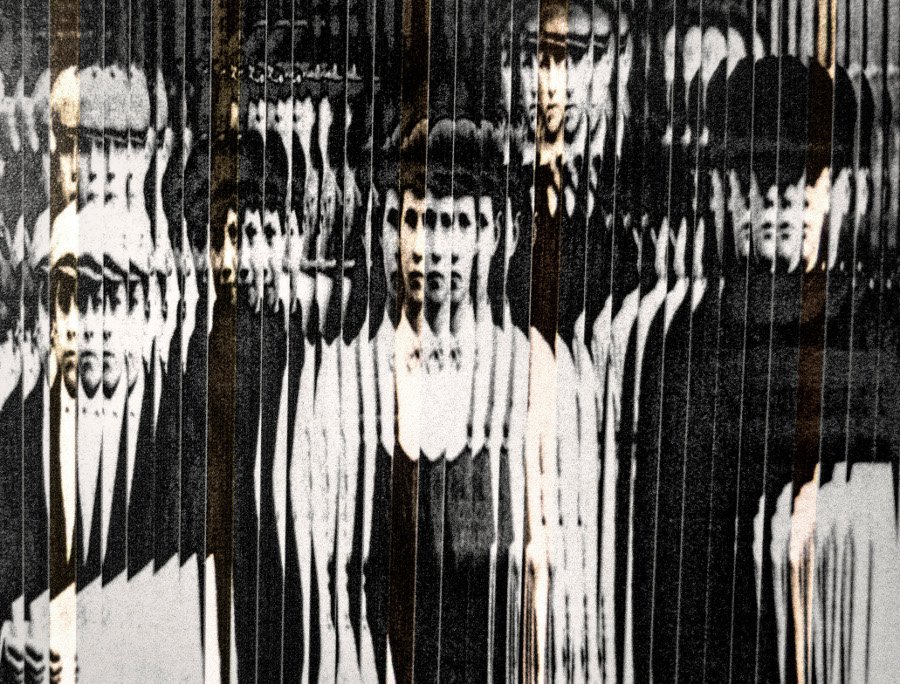
You've decided to invest your money in the stock market, and you've had your eye on a company for the past few days. You decide to buy the stock, confident it will bring you a tidy profit.
The first few weeks see the price rise and you feel proud, but the stock begins losing value. You tell yourself it's just market nerves, in spite of reports that the stock is overpriced.
Over the next few weeks the value drops more and you're losing money. Instead of cutting your losses, you stick with it insisting that it's a long term investment.
Congratulations! You've just fallen victim to the confirmation bias.

The life of Jane
Snyder and Cantor (1979) performed an experiment where participants were given an extensive account of events in one week of the life of a woman named Jane. Some events showed that Jane could be extrovert; others showed her to be introvert.
Two days later the participants were split into to groups and asked to consider Jane for the suitability of a job.
The first group were asked to consider Jane for the rather extroverted job of real estate sales person; the second for the job of the rather introvert job of research librarian.
When considering Jane for the position of real estate sales person, participants recalled the characteristics that showed Jane to be extrovert, ignoring those that showed her to be introvert. Likewise, when considering Jane for the position of research librarian, participants recalled the characteristics that showed Jane to be introvert, ignoring her extrovert characteristics.
Each group saw Jane as the person they were looking for, rather than as the person she was.
Cold reading
Confirmation bias shows up in a lot of places. It's common in business, where negative effects of a strategy are ignored because the stakeholders are invested in its success.
Psychics, astrologists, and other pseudo-sciences also rely heavily on the confirmation bias. You can see an excellent example of this in the cold-reading experiment by Derren Brown
He tells participants he will write a description of their personalities just by looking at a drawing of their hand and their date of birth. What the participants don't realise is that each of them will receive the same description.
The participants ignore the information in the description that doesn't confirm their beliefs about themselves, concentrating only on what does.
Religion
In many cases the confirmation bias is harmless; however, in some cases it can be life-threatening. Confirmation biases appear a lot in religion.
When water started trickling down a statue of Jesus Christ at a Catholic church in Mumbai in 2012, locals were quick to declare a miracle, even proclaiming it a site of holy water.
When Sanal Edamaruku established that it was in fact caused by a clogged drainage pipe, there was a backlash. He was accused of blastphemy, received death threats, and was forced to seek exile in Finland.
What can we do?
Is there anything you can do to combat the effects of the confirmation bias? Yes, but keep in mind that it's often an automatic, unintentional process and might not be easy to spot.
After you make a decision, consider whatever evidence you can find, even if it dis-confirms your decision. You might feel bad about the decision you made, but it will help you make a better decision the next time.
Banner photo by Robert Couse-Baker used under the CC-BY-2.0 license.
